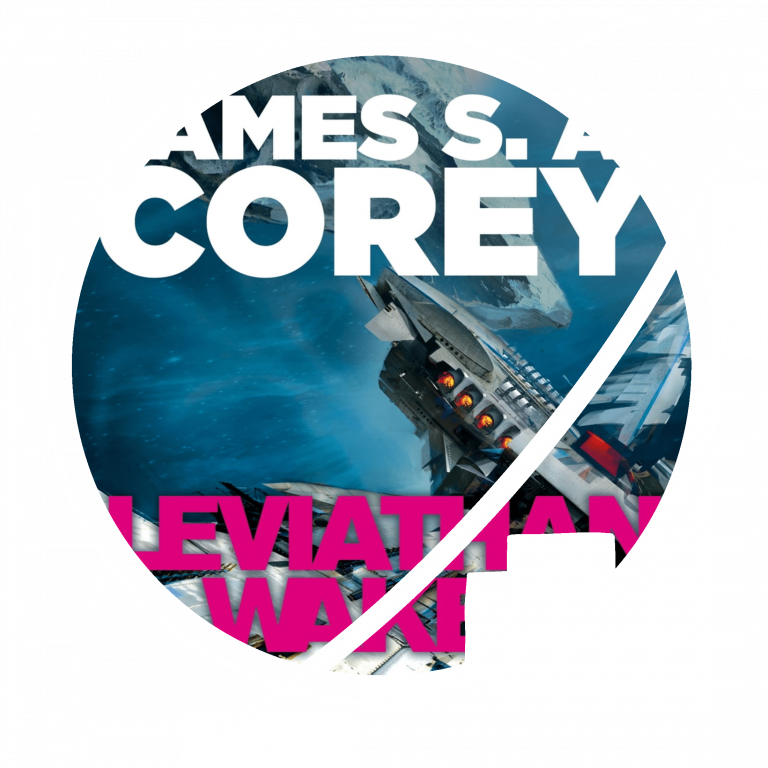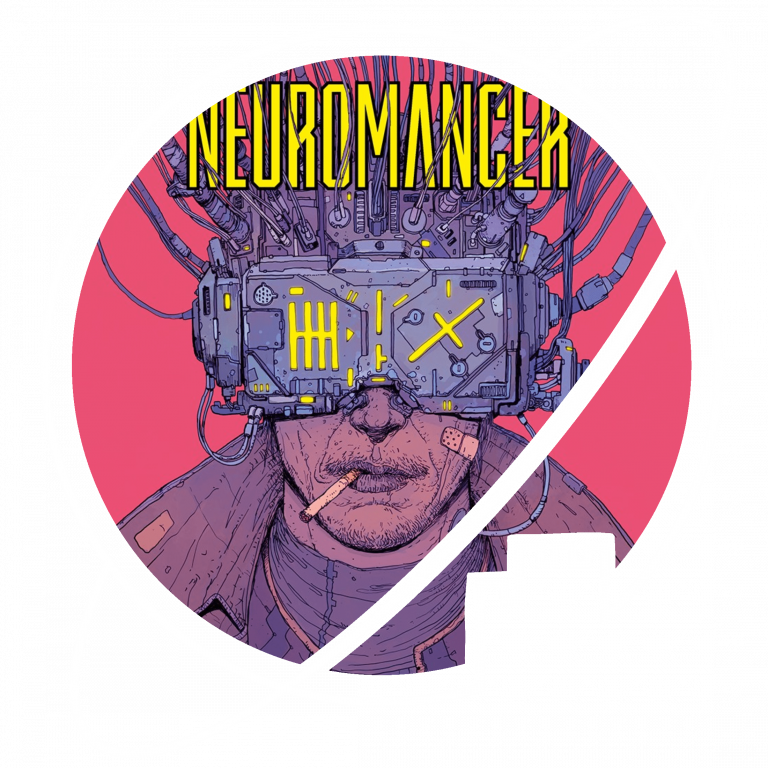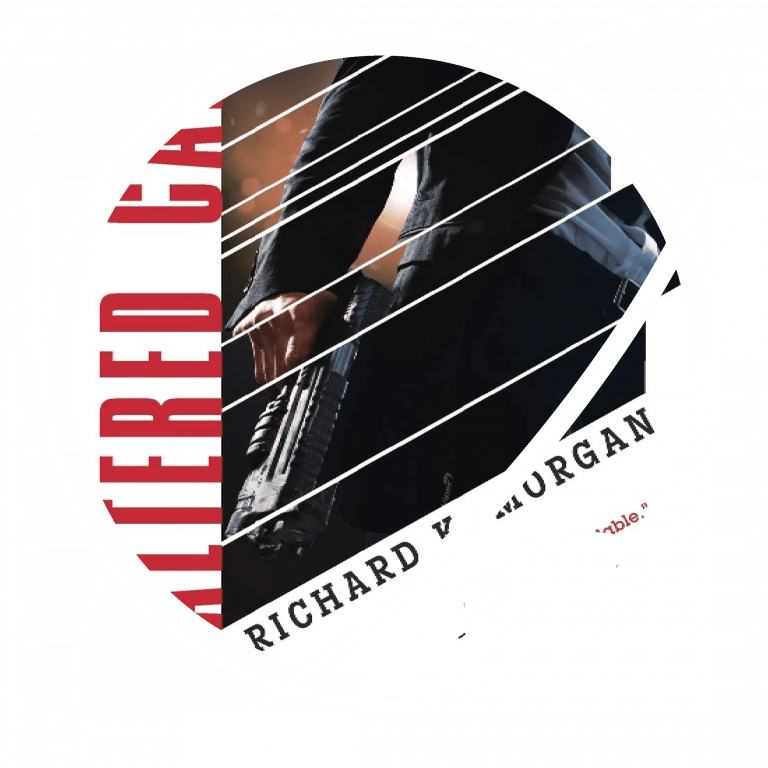- Book written by James S.A. Corey
- Published 15 June 2011
- Part one of the Expanse
Jim Holden serves on an ice hauler that ferries frozen water from Saturn’s rings to the inhabitants of mankind’s colonies in the Kuyper Belt. But when disaster strikes, he and a handful of his crewmates are thrust into the center of an encroaching conflict between the superpowers of the solar system: Earth and Mars. Joe Miller works security on Ceres, the most populous station in the Belt, and initially watches from afar, until his investigations for a dirty side job lead him to a mysterious connection with the cause of the looming war.


I have to admit that before I read Leviathan Wakes, I already watched some episodes of The Expanse (before I knew they were adapted from a book). So before I dove in, I was already familiar with some of the plot points. But it was sufficiently long ago that I wasn’t bothered, and there is enough of a difference between the two versions of the story that each is entertaining in their own right.
Leviathan Wakes is set in an interesting future that hovers between near-future stuff like Neuromancer or The Martian and distant future settings such as Altered Carbon or Foundation: humanity has colonised to the planets (Mars, the Kuyper Belt, some attempts at Venus) but not the stars. This creates a thought-provoking intersection between relatively hard, relatively believable sci-fi with real limitations on, for example, travel time and resources on the one hand, and space battles and spaceships that are more reminiscent of Star Wars than Apollo 13 on the other (though, come to think of it, who has ever seen an airlock in Star Wars?).
In addition, Corey takes some time to lay the groundwork for the political tensions between the different factions (which, I understand, will pay off in the next instalments), which nicely hints at a deeper layer without the need to actually delve into it in this book (the ‘raft’ the iceberg is floating on, so to speak; I’m sure we’ll get more ice under the waterline in future books!).
This original setting is the basis for an engaging plot, which is wrapped in high paced easy-flowing prose that kept me on the edge of my seat throughout the book. Though not quite as addictive as Andy Weir’s style, I found that Corey’s writing shares some traits, including relatively unshakeable characters with a can-do attitude that keep the plot moving, and wry jokes at the right juncture to put all the horrors of interplanetary war into perspective. Interestingly, the book also borrows (in plot and in tropes) from noir detective novels (and in that, actually shares a lot of similarities with Altered Carbon).
My nitpick with Leviathan Wakes is probably that while it straddles the divide between different sub-genres of sci-fi (and that is one of its main selling points), I felt the further it strayed from the relatively hard near-future stuff, the cornier it got. Now, for example, Star Wars is corny. But Star Wars (for all its flaws) embraces the corniness and gives us such a spectacle that sometimes it doesn’t matter that it’s not all that original or well-written. Leviathan Wakes, however, juxtaposes some of that more tropical and more handwavy sci-fi with the really well thought out relatively hard near-future sci-fi – which was unfortunately jarring at times. Once I’ve strapped in for G’s of thrust, Δv and spaceship heat signatures, don’t hit me with the ‘it just works, it’s way beyond our understanding’ type stuff.
Anyways, you probably have to be a hardcore ‘realism’ nerd like me for any of that to bother you. And please don’t let it scare you away from the book – it is very much worth the read for its original setting alone. I finished it in just over two weeks, which is probably the fastest I’ve finished a book this year. Definitely grabbing Caliban’s War off my father’s bookshelf the next chance I get!









